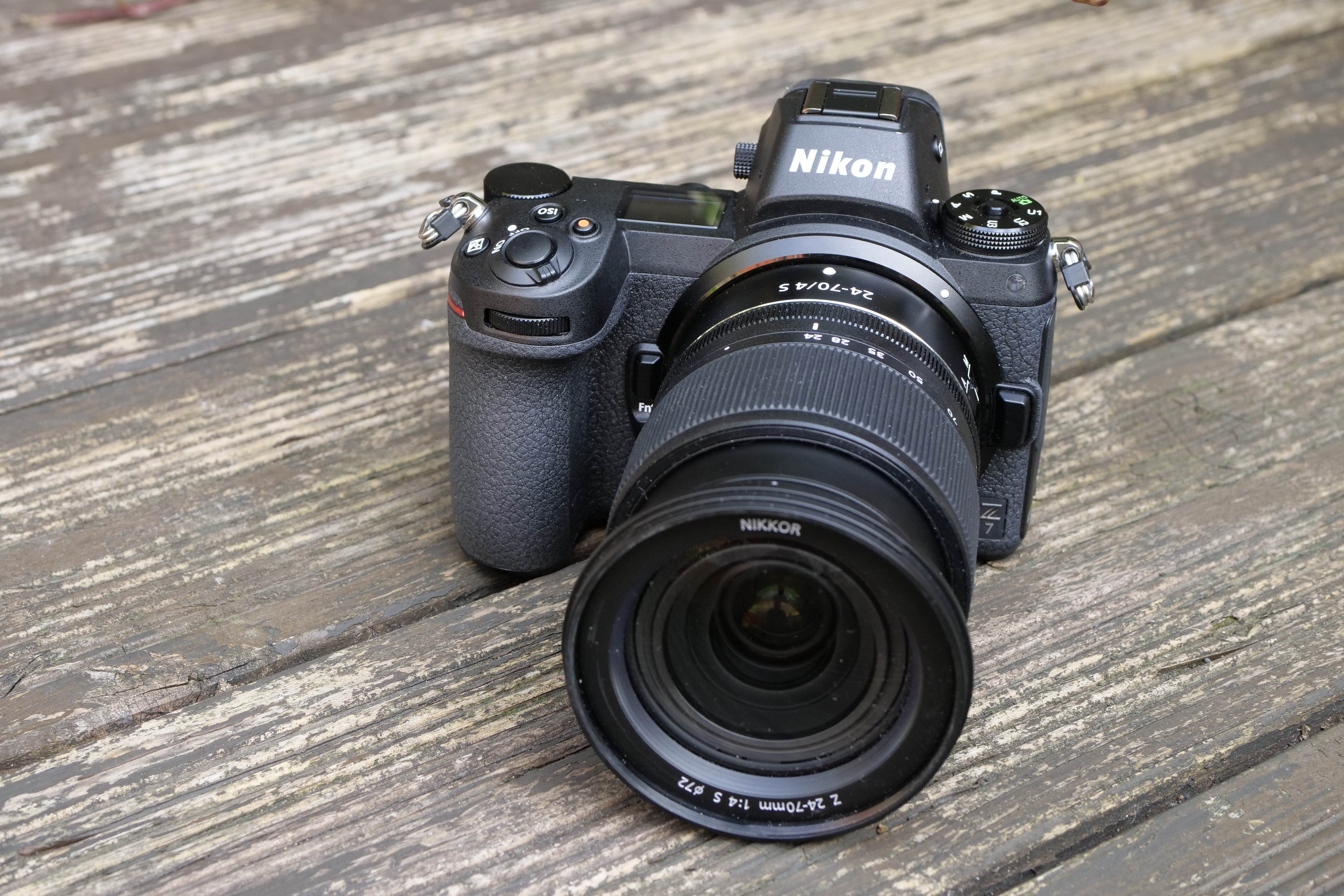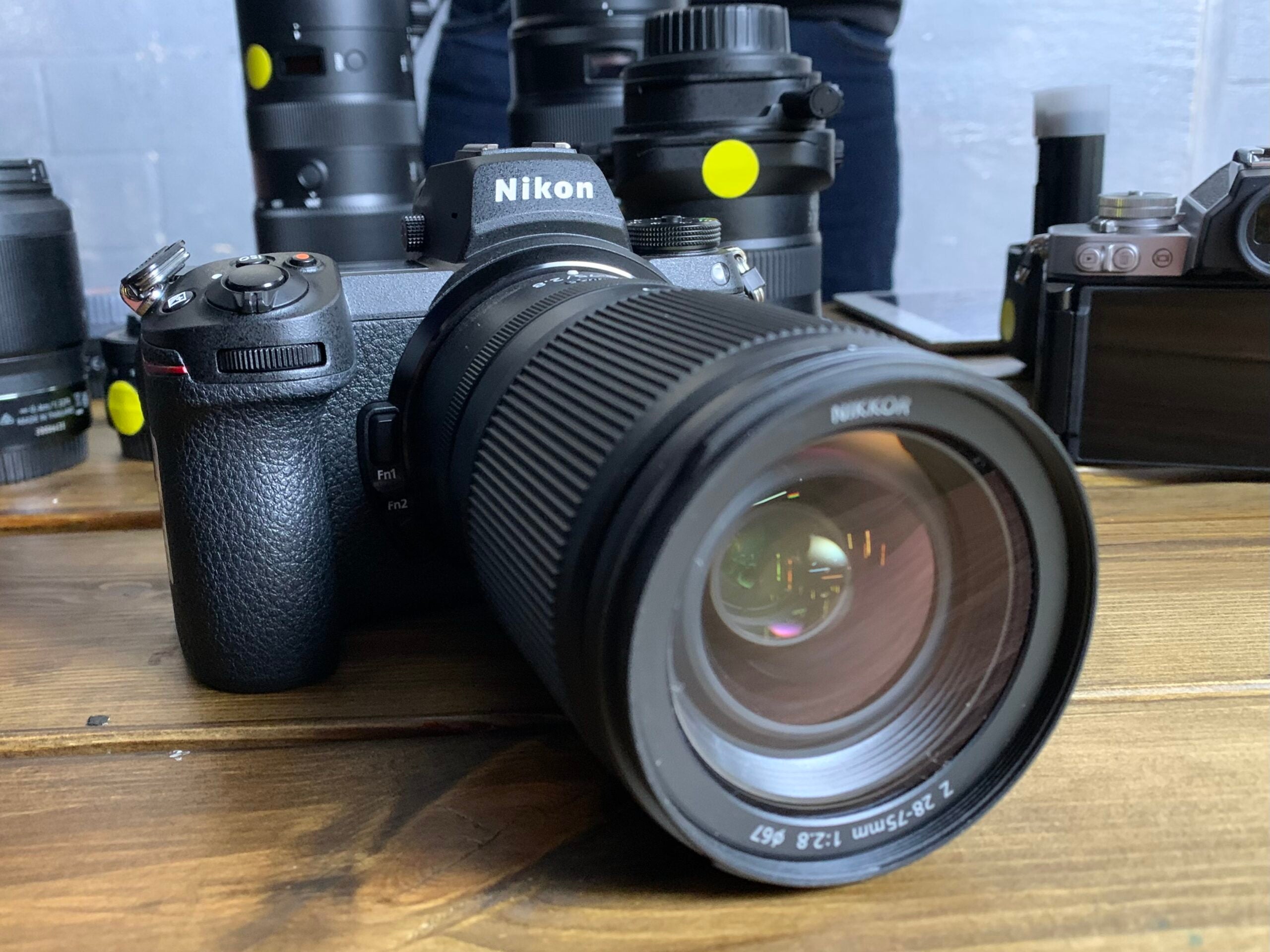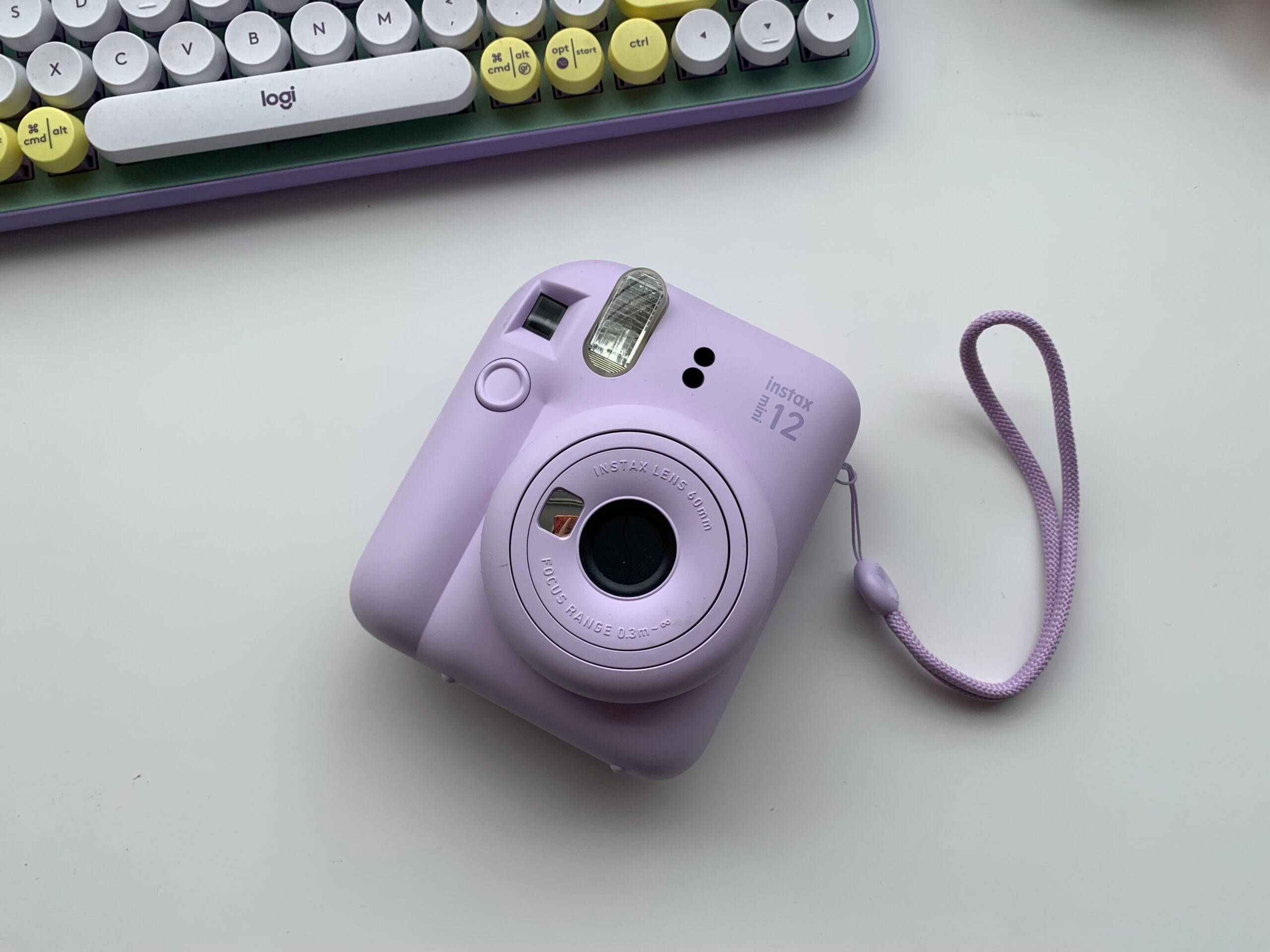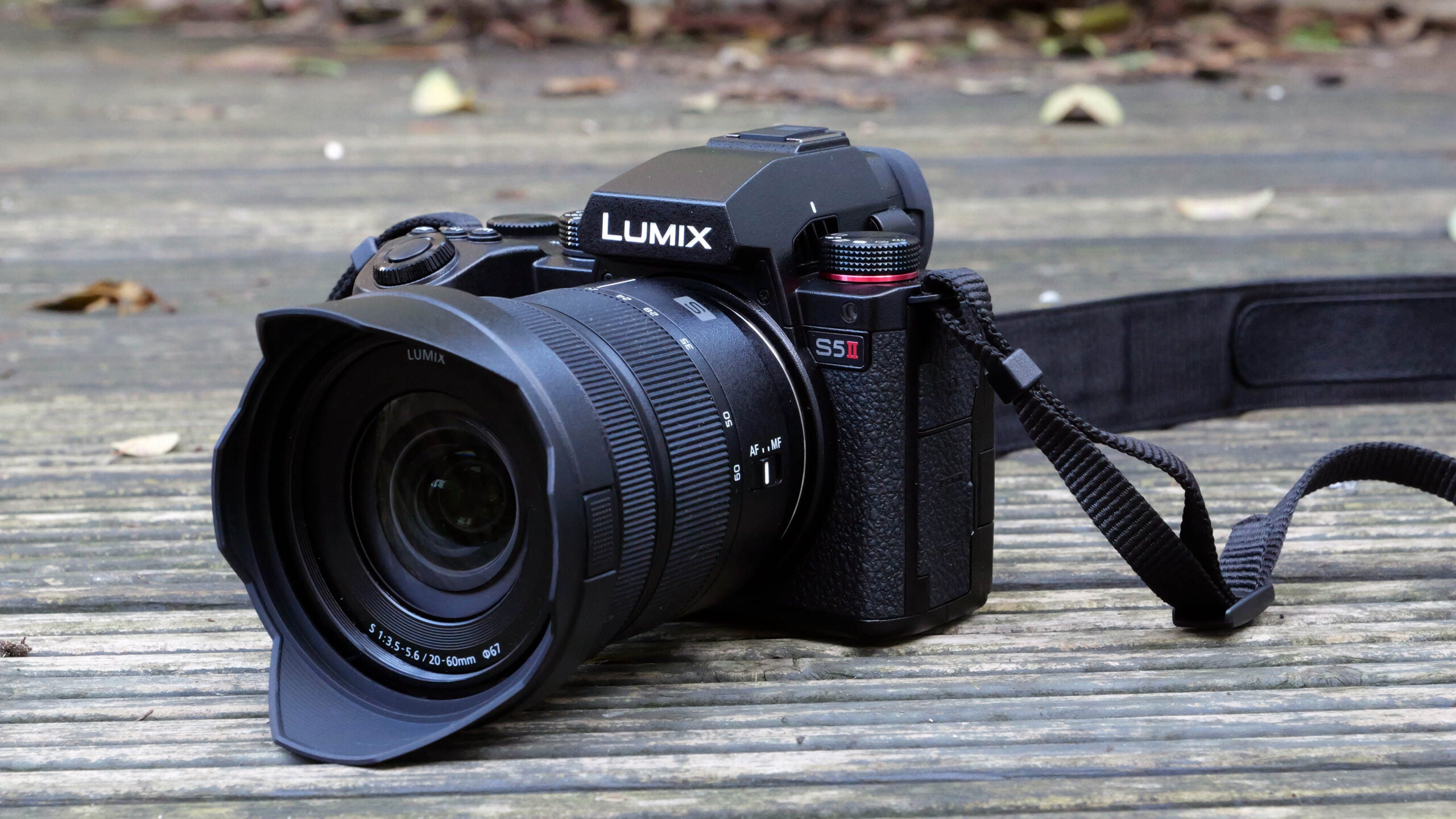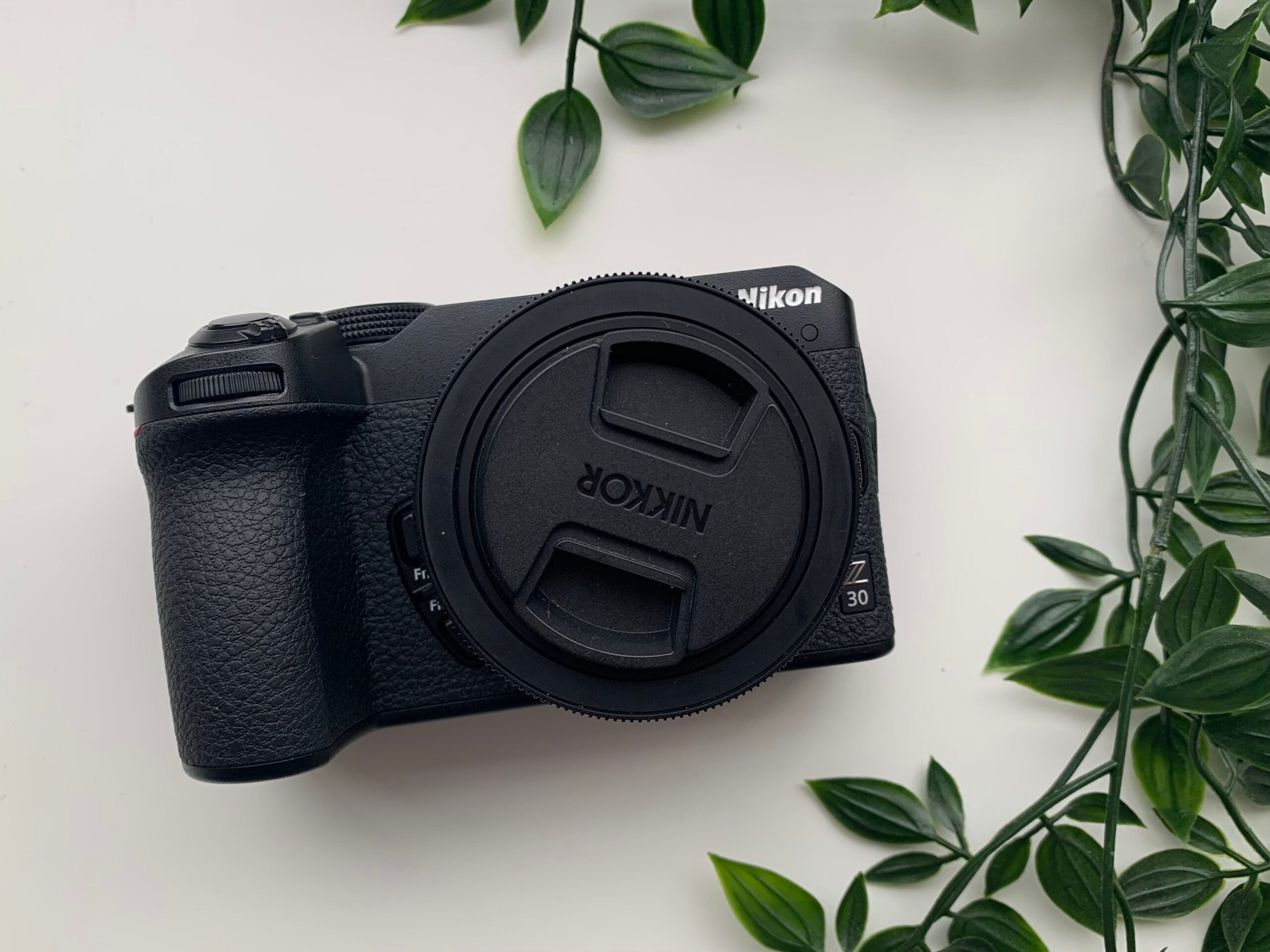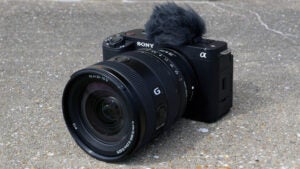
It might be ostensibly designed for vloggers, but the portability, performance and imaging power of the Sony ZV-E1 full-frame camera make it appealing to anyone who wants to make stunning video content. It’s not a great choice for photos, however, and some users will miss having a viewfinder and dual SD card slots.
Pros
- Superb all-round video quality
- Good stabilisation and autofocus
- Compact and weatherproof body
Cons
- No viewfinder
- No cooling system
- No mechanical shutter
Key Features
-
12.1MP full-frame sensorLarge, high-quality 35mm CMOS for strong performance in all conditions -
4:2:2 10-bit movies4K/60p video recording at high bit rates for excellent colour and contrast -
3-capsule microphoneIntegrated mic with variable directivity and included windshield
Introduction
Designed for the most demanding of vloggers, the Sony ZV-E1 mirrorless camera is certainly eye-catching on paper.
The smallest, lightest full-frame interchangeable lens vlog camera in the world (now that’s a mouthful), its portability and simple controls make it ideal for on-the-hoof handheld and gimbal shooting, while its large sensor and powerful imaging engine promise excellent video quality.
Sony also makes mention of a host of AI-assisted features (not only to aid autofocus subject recognition and tracking, but to also actively crop a chosen subject inside the frame), improved image stabilisation and simplified controls, the idea being to keep everything quick and easy.
The camera’s high spec and price suggests it’s got plenty to offer veteran videographers who aren’t scared to delve deep into the camera’s menus and start tweaking settings to achieve their ideal image performance. But is this really a camera that suits every type of content creator, from newcomers to seasoned filmmakers? Let’s find out.
Design and handling
- Body weighs only 483g
- No viewfinder or full-size HDMI
- Single SD card slot
The Sony ZV-E1 is small and light, and that’s a major part of its appeal. It weighs under 500g without a lens, but do be aware that the latter can add significantly to that.
I reviewed it with Sony’s high-quality 20-70mm F4 G zoom lens, which is large and slightly heavier than the ZV-E1 itself, but pair it up with something compact like the 24mm F2.8 G prime lens and you’ve got a really portable setup, especially compared to other full-frame sensor models in Sony and its competitors’ ranges.
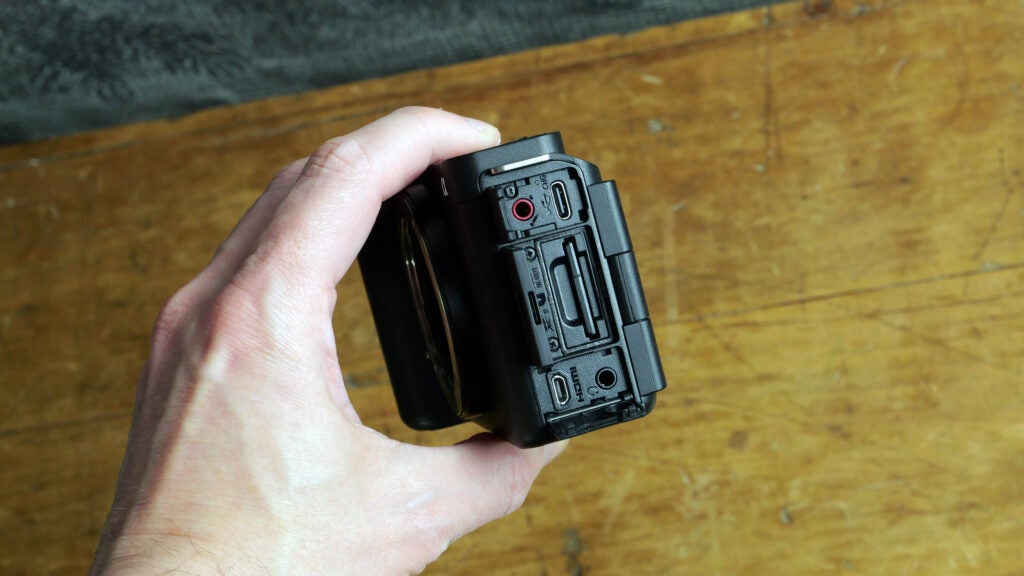
The size has meant compromises, of course. There’s no full-size HDMI here (just a mini HDMI), only one SD card slot (and it’s just for SD cards too; not compatible with the faster CFexpress cards we’re starting to see regularly on other video-centric cameras) and no electronic viewfinder. The latter isn’t a deal-breaker, but I did find myself missing it on a few occasions when bright sunlight made the screen slightly hard to see.
Handling can sometimes suffer when a camera is small, with buttons and grips being sacrificed in the name of slimming down, but I found the Sony ZV-E1 a joy to use. I’d suggest a vlogging handle of some kind to make it easier to carry (I used a Joby GorillaPod, but Sony does make the $139.99/£170 GP-VPT2BT handle that includes on-board controls and doubles as a mini tripod), but the buttons are large enough to find easily.
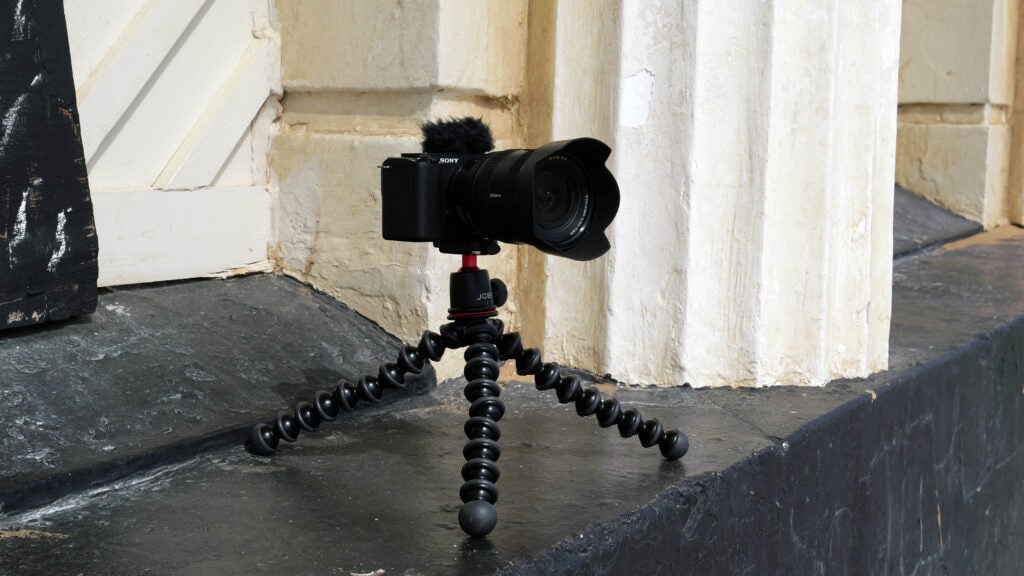
As with other ZV range vlog cameras, Sony has replaced the classic mode dial with a slider that switches between three shooting modes: photo, video and S&Q (slow and quick). Once one has been selected, you can choose other settings – like aperture or program priority – though the menu screens.
There are also buttons to engage product showcase AF mode (for vloggers who will be holding objects in front of the camera) and to toggle between a clear and defocused background (i.e. bokeh) – two more nods to content creators who might not fancy adjusting the AF or aperture settings to achieve these results.
The body is well made and pretty tough, with dust and moisture sealing on all major ports and buttons. It’s not ‘waterproof’ in the same way a GoPro is, so don’t go dunking it in the bath, but it’ll survive a light rain shower or a trip to the desert just fine.
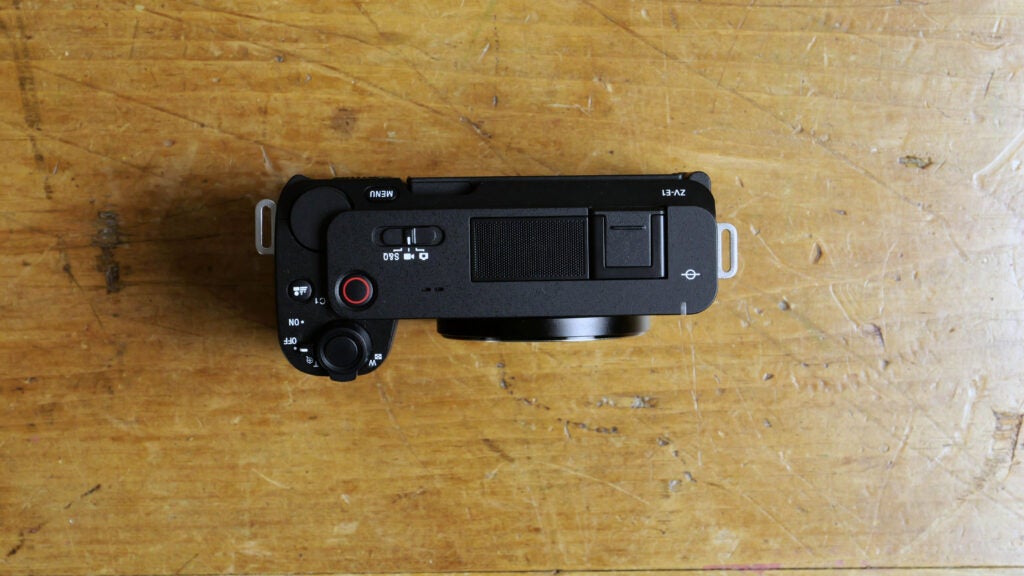
Finally, I was happy to see a front tally lamp on the camera. It shines red when it’s recording, immediately letting you know if you’re rolling or not; a simple but valuable feature that too many video-centric mirrorless cameras skip.
Screen
- 3-inch/7.5cm TFT vari-angle touchscreen
- 1,036,800-dot resolution
- New and improved touch UI implemented
The 3-inch screen is of the fully articulated vari-angle type, meaning it can flip and twist out to be pointed in almost any direction. It’s the least you’d expect on a camera aimed at vloggers, as it comes in useful for composition when you’re filming or photographing yourself.
It’s bright and clear, even outdoors on a sunny day. Sony has also upgraded its touchscreen UI to make it richer, which means you can tap more on-screen buttons than before to change settings, and swipe up from the bottom to instantly open the menu you’d normally use the hardware ‘Fn’ button for (this button is still there, but it’s on the back, so when you’re self-filming you’ll struggle to find it).
As before, you can also tap on the screen to set a focus point: tap on an object and the camera will track it around the frame.
Features and performance
- New Dynamic Active image stabilisation mode
- AI-assisted autofocus subject recognition
- Good quality 3-capsule built-in mic
The headline features on the Sony ZV-E1, in my opinion, are the improved image stabilisation and powerful autofocus tracking, both of which vloggers will appreciate.
Sony’s SteadyShot stabilisation comes in four levels here: off, Standard (optical only), Active (adds some digital stabilisation at the cost of a slight crop to the frame) and Dynamic Active (adds more aggressive digital stabilisation but crops even further).
If you want to record walk-and-talk vlogs, the Dynamic Active works very well at reducing the bobbing background, but the severity of the crop means you’ll want to use a wide-angle lens – perhaps even wider than the 20mm lens I used. In any case, I think the overall stabilisation is good if not class-leading – Panasonic’s recent cameras seem a bit better at it.
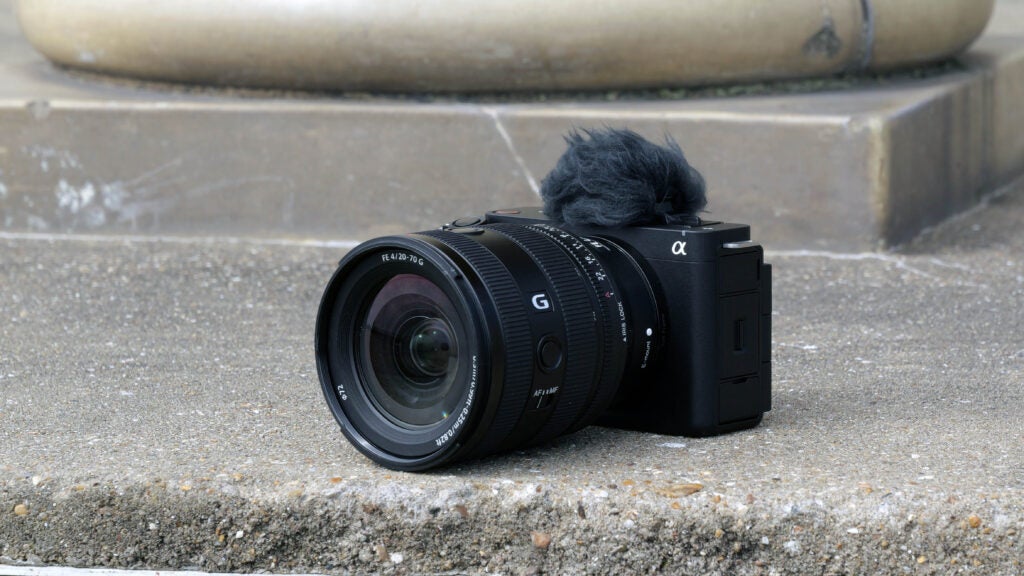
Sony remains a master when it comes to autofocus, however, and it’s absolutely brilliant at locking onto a moving subject and keeping it sharp as it moves around the frame. It’s pretty clever at identifying them too, thanks to some AI assistance: you can set the Sony ZV-E1 to track humans, animals, birds, insects, cars, trains and airplanes, and it’ll generally identify them quickly and effectively. AF speed can be adjusted to your preferences too, and I really have no complaints about how it performs on this camera.
More AI assistance comes in with the new Framing Stabiliser feature, which allows you to set up the camera and walk around in the frame. It’ll then crop in on you and track your movements, essentially ‘stabilising’ the footage – but I found it looked stilted and somewhat odd.
Connectivity feels slightly ‘squeezed’ here, what with the micro HDMI and single SD card slot, but you also get a 5Gbps USB-C port (which can be used for permanent power supply as well as charging and data transfer), 3.5mm headphone and microphone sockets and a hot shoe with Sony’s Digital Audio Interface tech. Bluetooth 4.2 and dual-band Wi-Fi are also available.
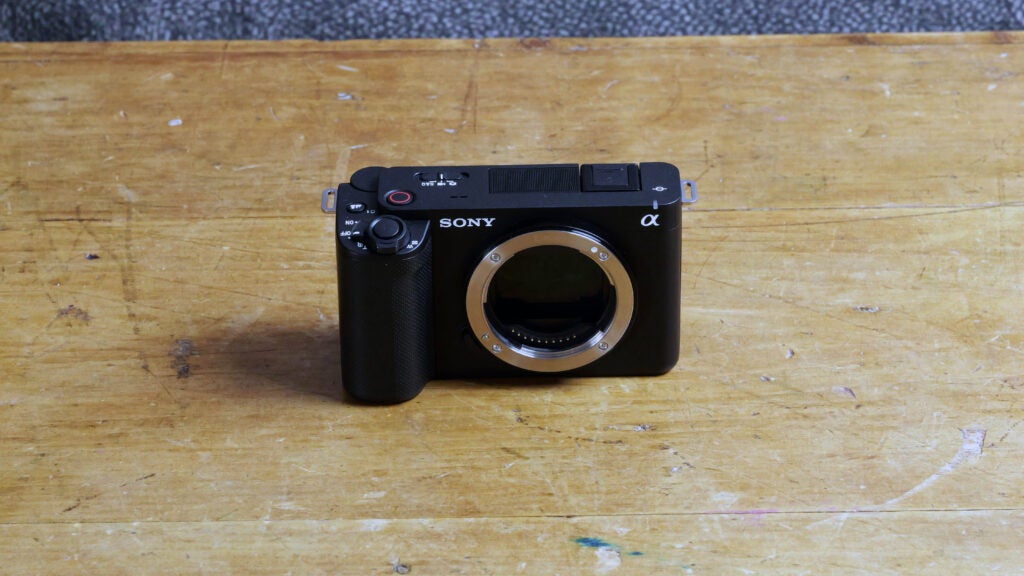
While I suspect most ‘serious’ vloggers will be adding an external microphone for recording the best possible audio, the built-in 3-capsule stereo mic here makes for a solid backup if you’re travelling light. It has a clever auto-directional design that follows sound as it moves around the camera, switching between mics as needed. You can set this manually too, but I found it tracked a single voice well on its own and that the audio quality was fairly crisp and clean. There’s an included furry windscreen too, which slots into the hot shoe and reduces unwanted buffeting on blustery days.
Sony may offer unlimited recording times on its pricier mirrorless video cameras like the A7S III and FX3, but you won’t find that here: with no room for fancy cooling solutions, the ZV-E1 can overheat when recording long 4K clips. I managed about 25 minutes of 4K/60p recording before it shut down to cool off.
Battery life is decent: after 25 minutes of constant recording at 4K/60p, it was showing 75% left, which seems in line with Sony’s claims about 95 minutes of stop/start recording on a full charge.
Image quality
- 12.1MP full-frame CMOS sensor
- Will record 4K video at up to 120fps with update
- No mechanical shutter
The Sony ZV-E1’s 12.1MP full-frame sensor seems to be the same as the one found on the much pricier A7S III and FX3, so overall image quality is pretty much in line with those two: in other words, it’s fantastic.
Users have access to a wide range of picture profiles, including presets for colour grading favourites like S-Log2, S-Log3 and HLG, and Sony’s well-regarded S-Cinetone setting, which delivers gorgeous colours right out of the camera, with no need to colour correct at all. I found this became my go-to while reviewing, and there’s even a quick setting to engage it straight from the touchscreen: just tap the CineVlog button and the camera switches to S-Cinetone, 24fps and a 2.35:1 aspect ratio for some simple cinematic results.

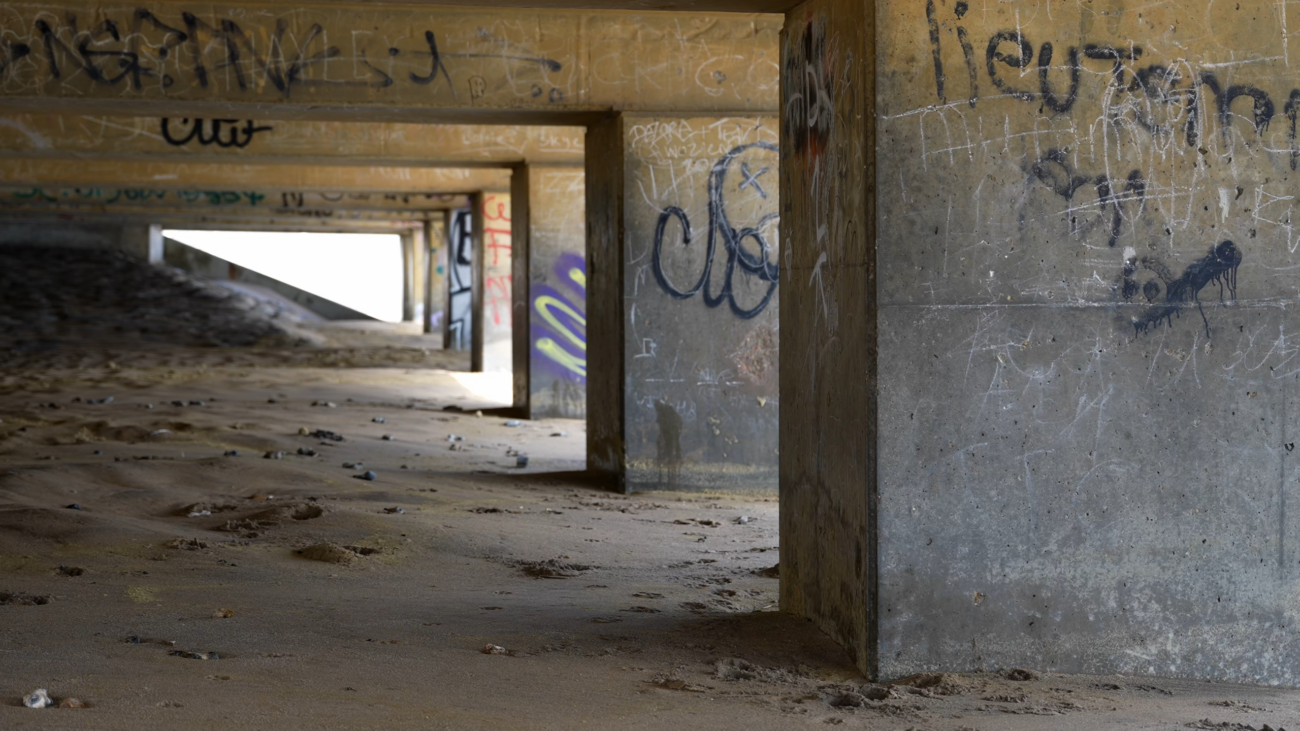
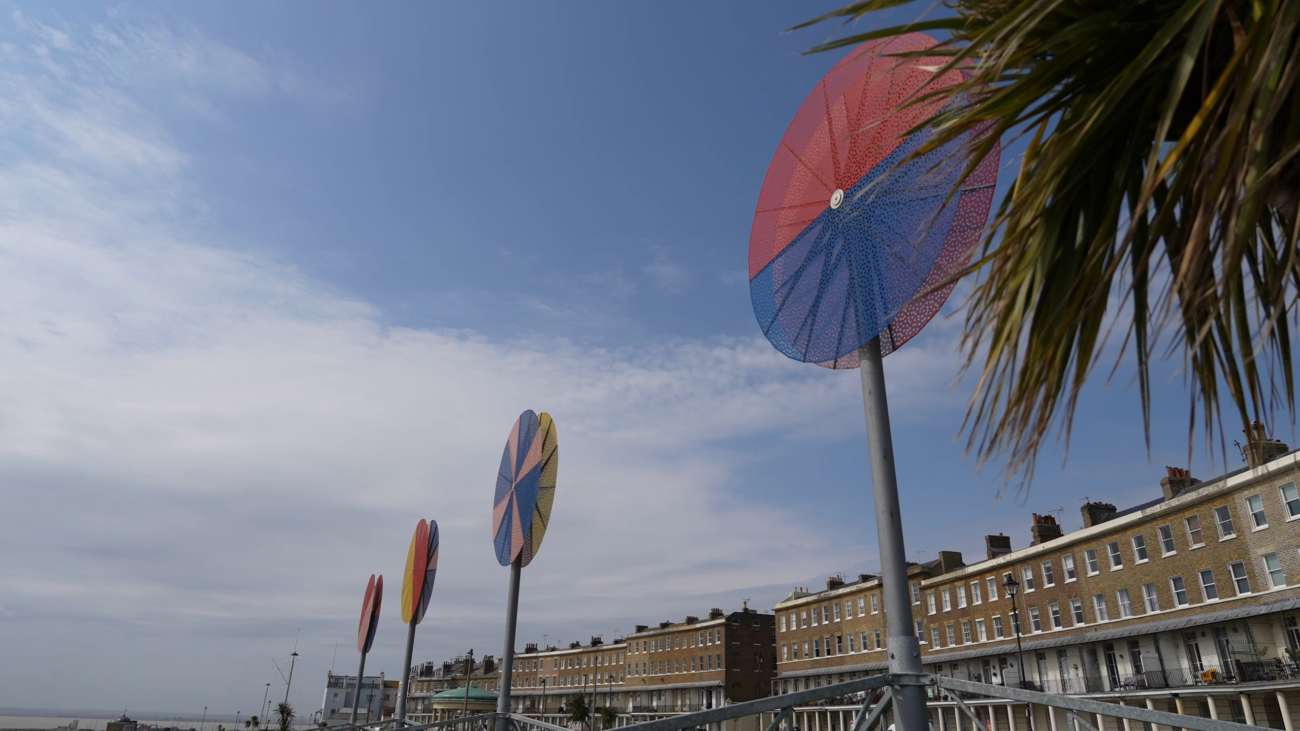
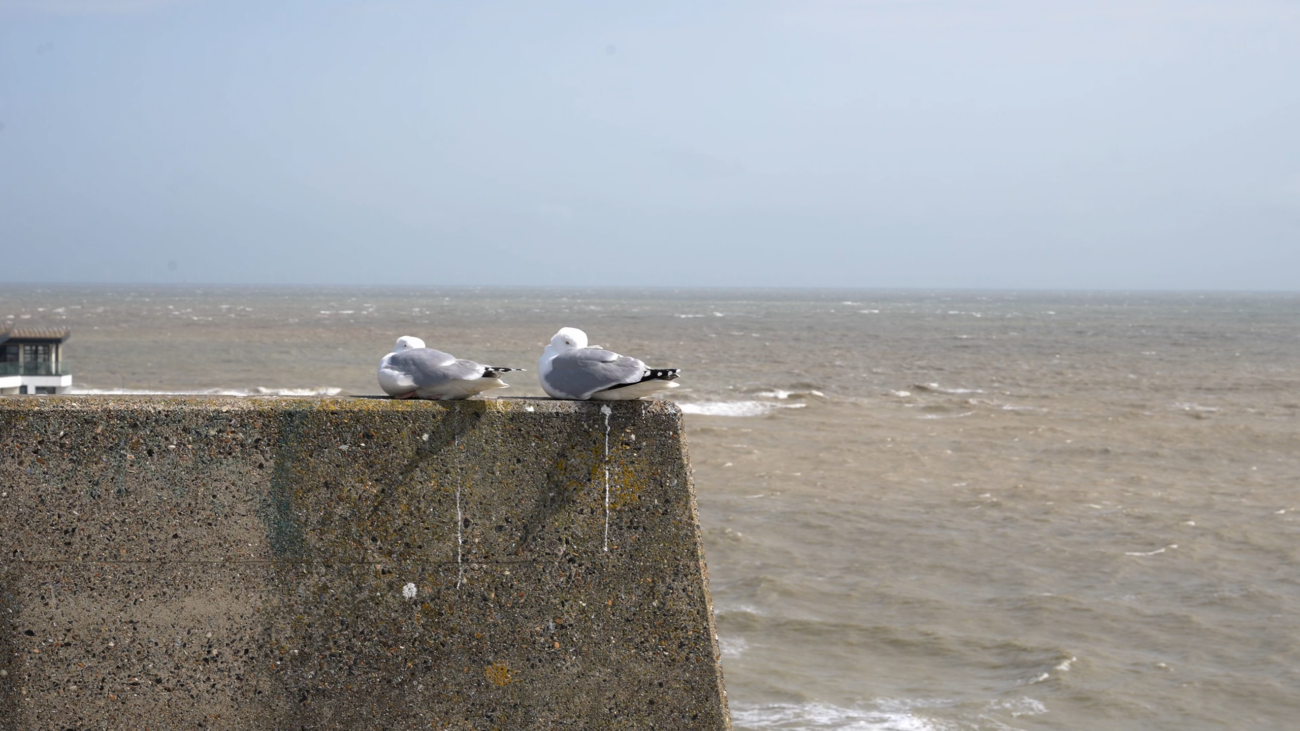
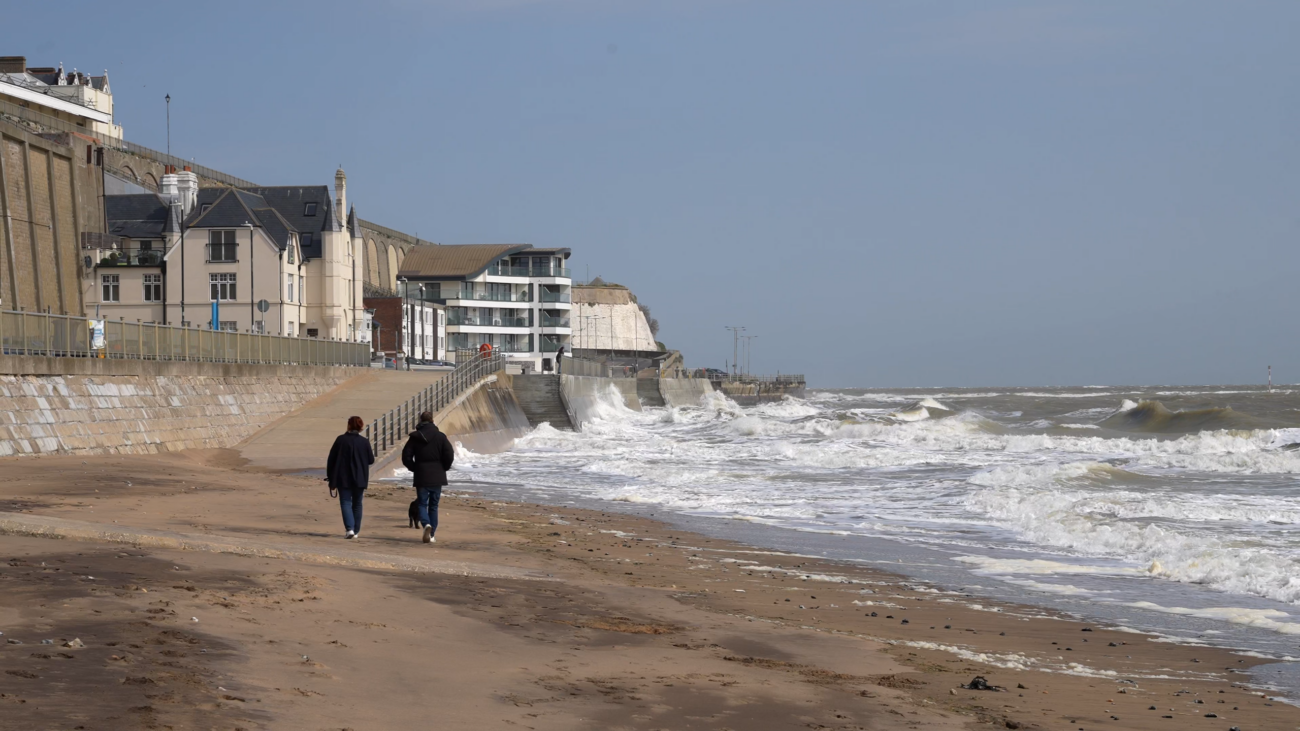
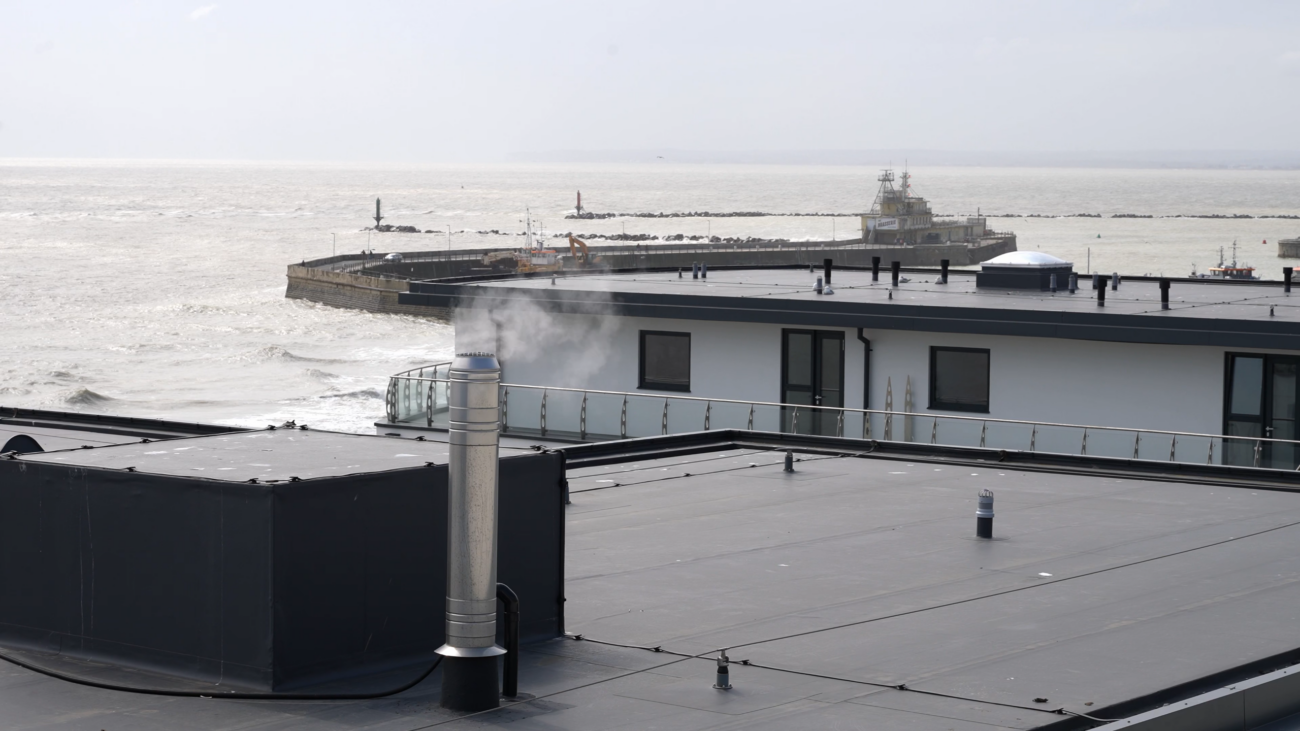
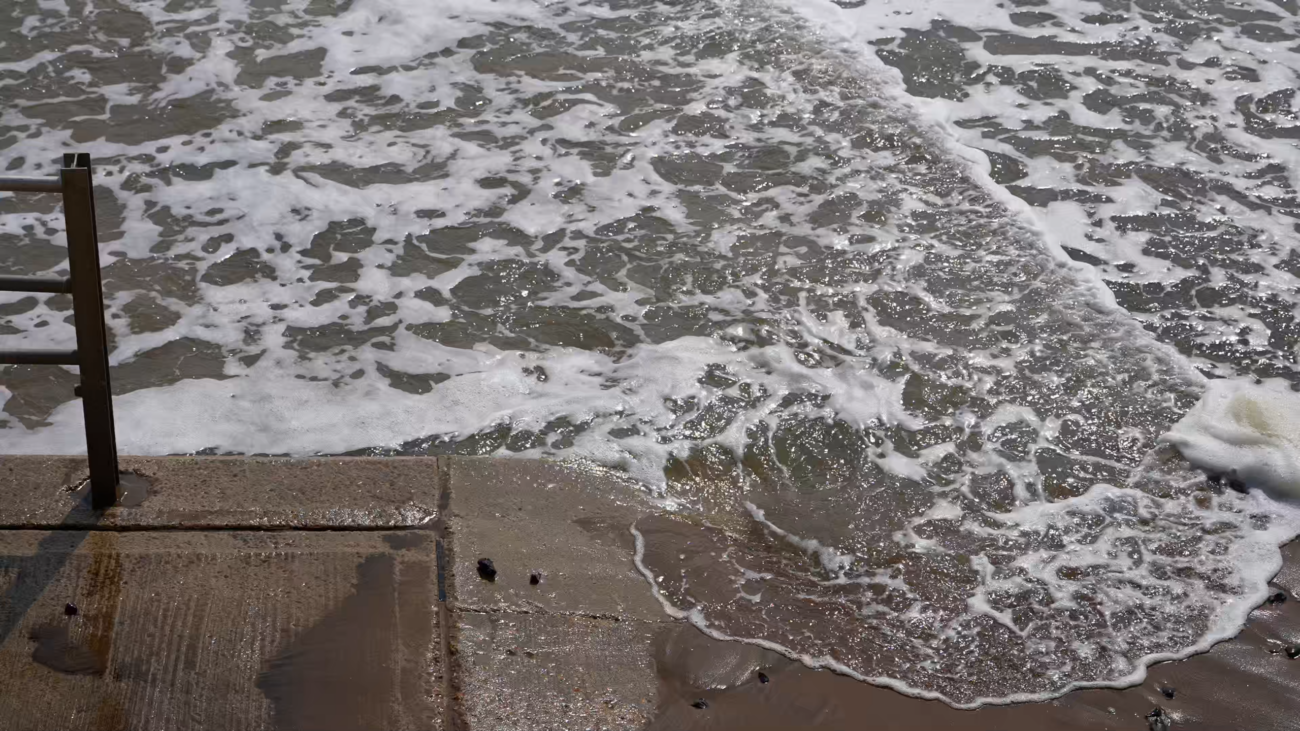
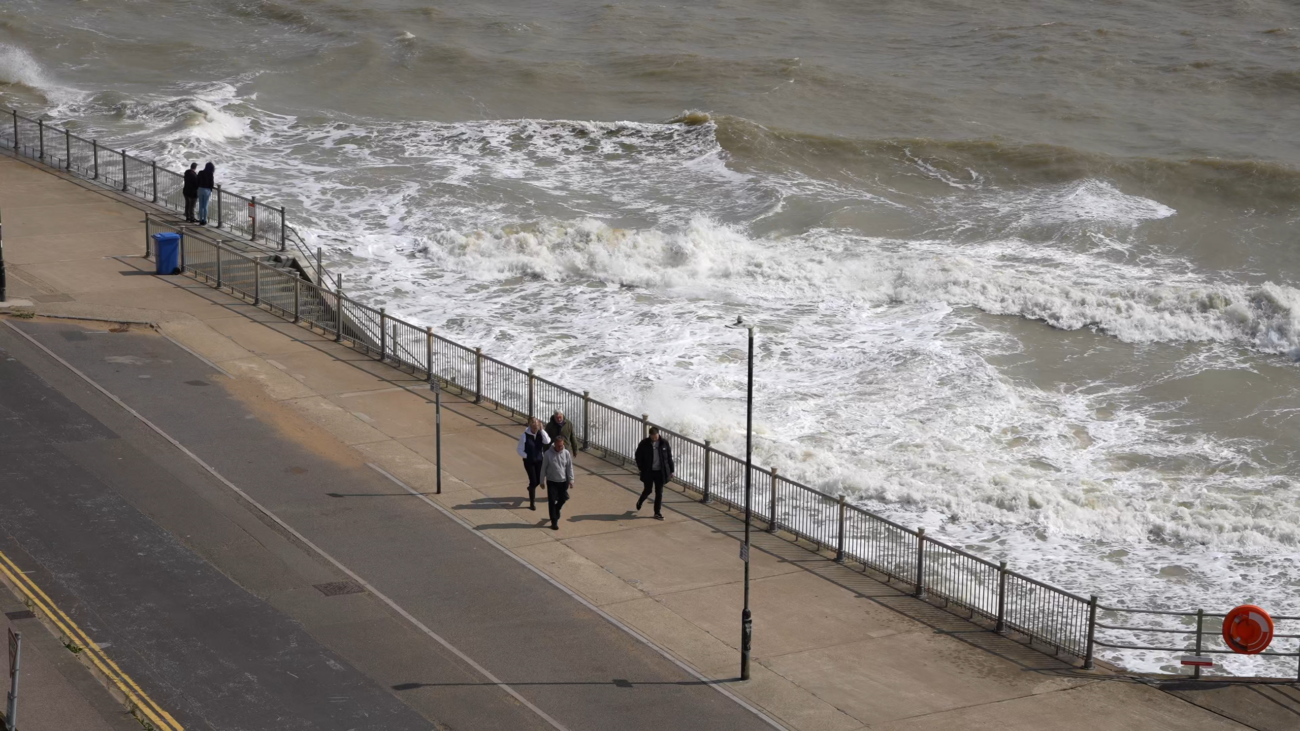
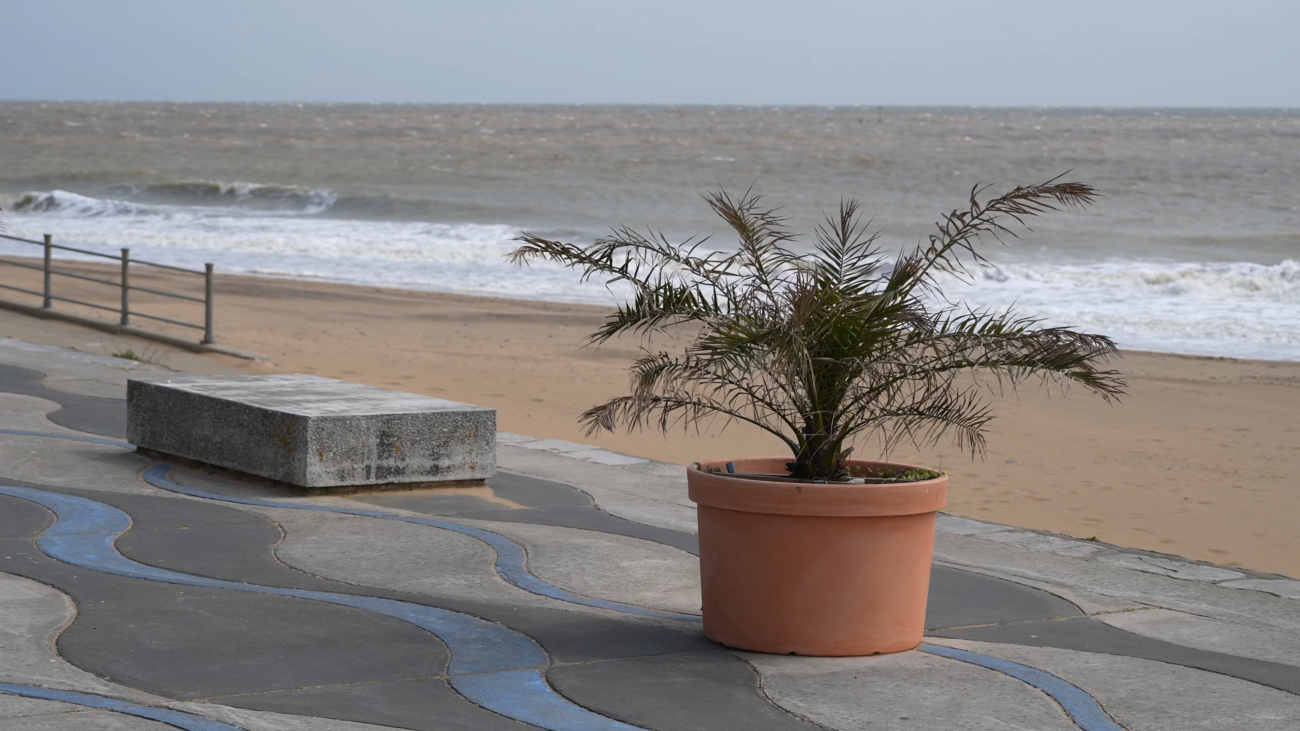
The large sensor means you can get excellent results in low-light conditions, with little sign of digital noise. The camera can also record 10-bit video in most settings, which means gorgeous, wide dynamic range and clean, smooth colour gradation. Overall, it’s stunning stuff from such a compact camera.
At the time of reviewing, the camera can record 4K at up to 60fps and 1080p at up to 120fps, but a forthcoming (and free-of-charge) firmware update will double those framerates (limiting the use of this ultra-high-speed capture to the S&Q mode, which essentially means they’re intended for slow-motion use only).
Photos feel like something of an afterthought here, with no mechanical shutter on board. They still look great in general, but the Sony ZV-E1 is a video camera first.
Latest deals
Should you buy it?
You want a small but mighty video machine:
Squeezing a full-frame sensor into such a small body is no mean feat, and while concessions have been made, none feel like deal breakers. Great for vloggers and serious filmmakers too.
You want a true hybrid camera:
With still photography less important than video here, a model like the A7S III – which has a viewfinder and mechanical shutter – might suit hybrid content creators better.
Final Thoughts
The Sony ZV-E1 is excellent for vlogging and will impress anyone who wants to create great looking videos. Cinematic image quality, options aplenty and killer autofocus and stabilisation make it a stunning all-round movie machine – and a compact one at that.
How we test
We test every camera we review thoroughly. We use set tests to compare features properly and we use it as our main device over the review period. We’ll always tell you what we find and we never, ever, accept money to review a product.
Used the camera for an extended period of time
Captured both photos and video
FAQs
This camera is perfectly fine for photography, but it excels specifically at video capture. I recommend checking out our best camera list for a better value alternative for photography.
If vlogging is your chief concern, then the Sony ZV-E1 is one of our top recommended options.
Full specs
The post Sony ZV-E1 appeared first on Trusted Reviews.
Author: Sam Kieldsen
This article comes from Trusted Reviews and can be read on the original site.
